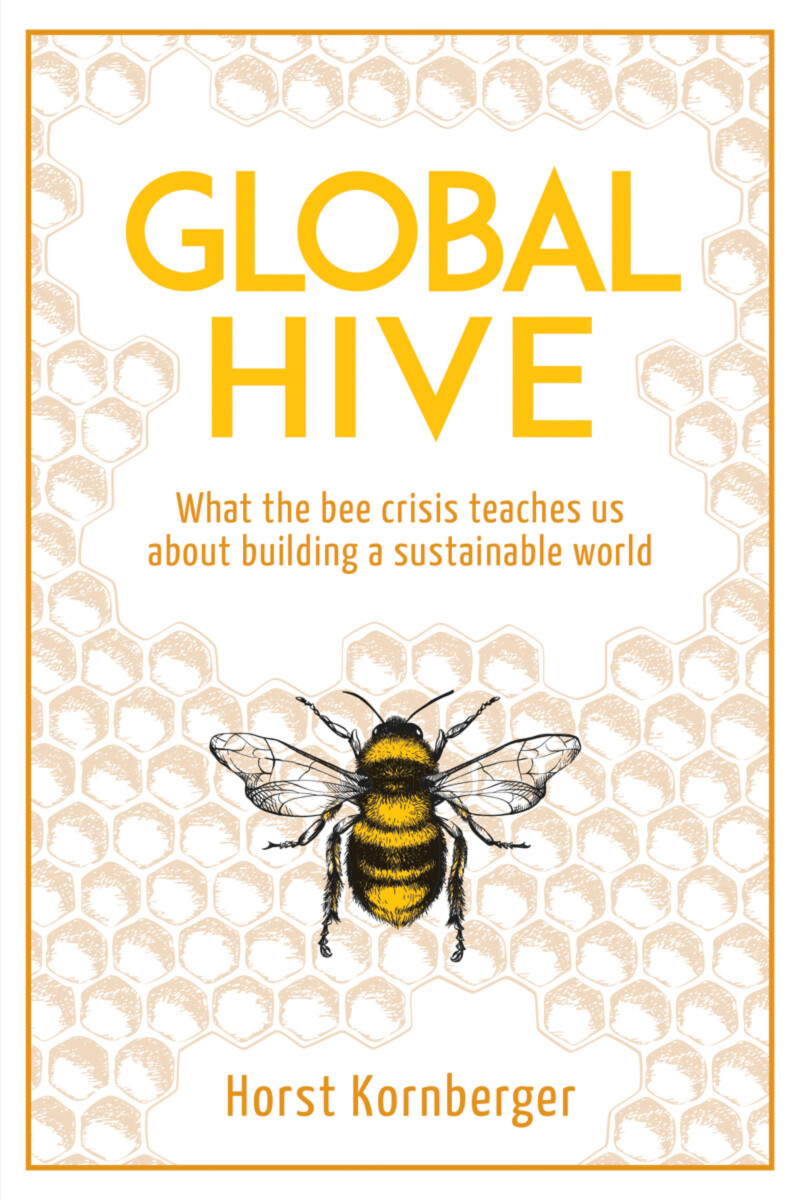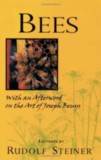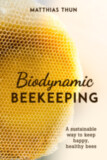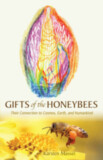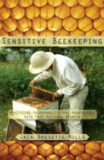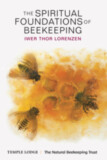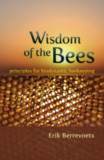Global Hive
What the Bee Crisis Teaches Us about Building a Sustainable World
- Publisher
Floris Books - Published
30th July 2019 - ISBN 9781782505693
- Language English
- Pages 204 pp.
- Size 6.14" x 9.21"
In a world all too familiar with environmental disasters, Horst Kornberger argues that the bee crisis is a more significant problem than deforestation, pollution and global warming put together, as it points to the causes behind all these.
Global Hive is a rallying cry for a new understanding of world ecology. More than a study of bees, this book offers both an entirely new way of thinking about the bee crisis and its causes, and a way to use the crisis to explore wider social and ecological issues.
Kornberger challenges the dominant scientific worldview that reduces everything to minute detail and fails to see the larger holistic picture. He argues that we urgently need to start thinking about ecology in a different way—by developing a new science which draws on empathy and imagination—if we want to mend our relationship with the natural world. From this perspective, the worldwide threat of the bee crisis becomes a starting point for global change.
Global Hive is a thought-provoking treatise on what colony collapse teaches us about our society, our choices and how we can build a more sustainable world.
“With its delightful combination of an enchanted wonderland tale with practical eco-knowledge, Evie and the Strawberry Patch Rescue features a first-rate fairy gardener who checks soil conditions, composts, and chases off aphids to ensure the best conditions for her plants. Children and adults are sure to enjoy the practical magic in this first series title.” —Foreword Reviews
“I love how the story helps us understand how all of nature is interconnected. The detailed, colorful illustrations combine the natural world with fairies, reminiscent of childhood favorites.” —Juno Magazine
“I liked this book because it’s hilarious that Evie has to leave her strawberry patch. If I were her, I would have just dumped out the teapot, but then again, she is a fairy. She is a very cute fairy, and the illustrations are very cute, and I am so excited about the next book in the series. I believe this is a very good book for all ages, and everyone will be able to enjoy it for the rest of their lives, hopefully. It reminds me of Rainbow Magic, which is good for older kids, except this is better because there are no mean words or mean characters.” —Alexandria, age 7, for Kids Book Buzz
“This is a charming tale.... It combines a magical world with teaching children about how plants grow, how all living things are connected and how working together, caring for each other and fixing mistakes can make a difference. The vibrant hand-drawn illustrations in a mix of pencils, watercolor paint, pastels and gouache are detailed and expressive and are sure to endear Evie to young readers.” —Outside in World
“A home-and-away story without the homecoming resolution typical to children’s stories, which enhances rather than undermines its charm. Sweet.” —Kirkus Reviews
“What I really liked about this book is how so many woodland creatures come out to help Evie make her new home and transport her strawberries. The illustrations are very detailed and take a little time to see everything happening on the page—a beetle scooping water out of a flooded home, a butterfly flapping its wings to help dry a rug, and a small bug carrying a stack of tea cups. I could see slowly reading this book with a young child so they can notice all the illustrations that enrich the text.” —Youth Services Book Review
C O N T E N T S:
Acknowledgments
1. From Beuys to Bees
2. Honey Hunt
3. Domestication and What It Means
4. The Bee in All Bees
5. The Caged Queen
6. Enter: Verroa Destructor
7. Mites and Their Mission
8. Microscope and Mind
9. Mating Machinery
10. The Logic of Destruction
11. Macroscope
12. Goethe: The Apprentice of Nature
13. Compassionate Ecology
14. From Conscience to Compassion
15. Global Empathy
16. Beehive Metaphors
17. Bee Frames and Mind Frames
18. The Choreography of Care
19. Swarming Paradigms
20. Compassion Collapse Disorder
21. Imaginal Literacy
22. Global Hive
23. Ecolibrium
24. The Honey Doctrine
Afterword
Endnotes
Bibliography
Horst Kornberger


